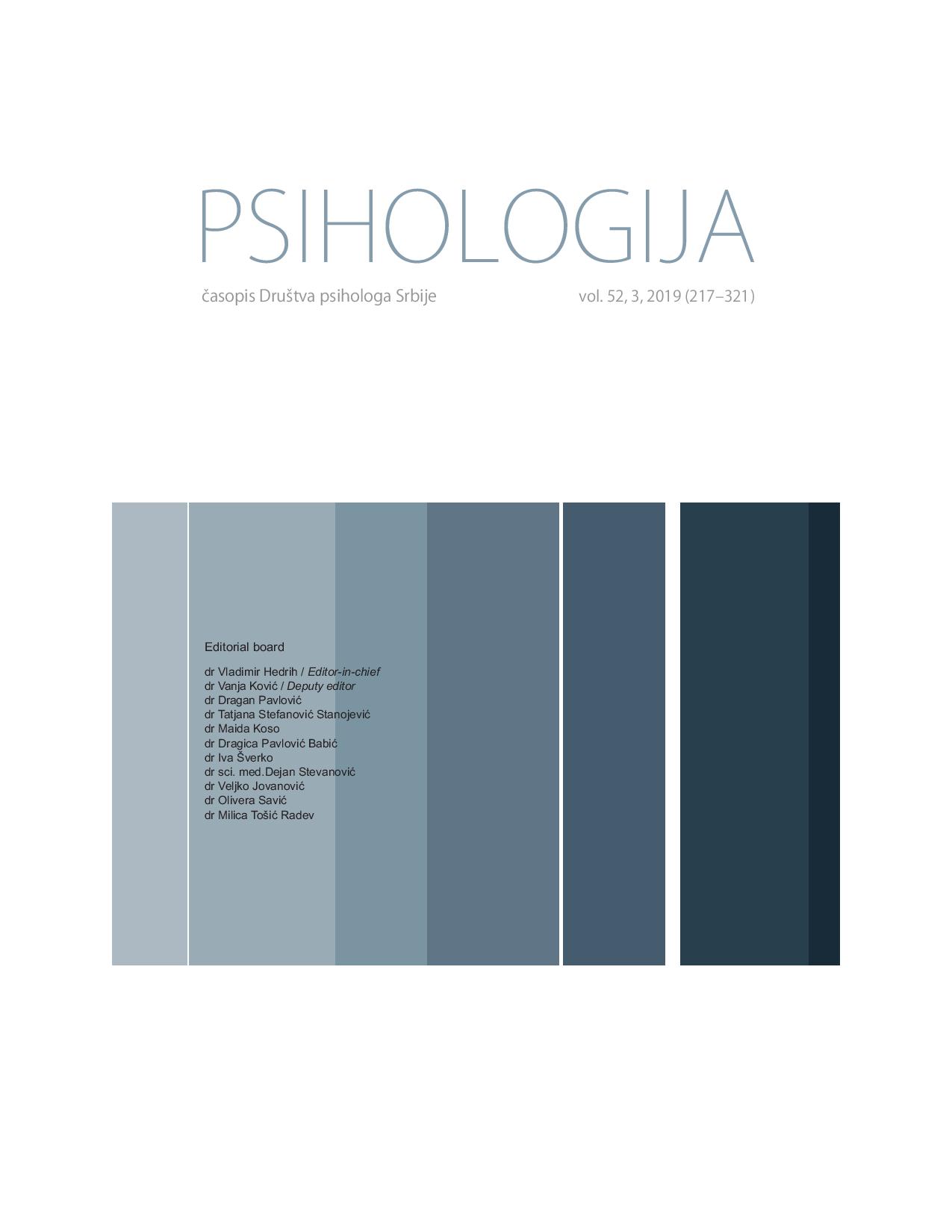An integrated model of work engagement: how the satisfaction of basic psychological needs explains the relationship between personality and work engagement
An integrated model of work engagement: how the satisfaction of basic psychological needs explains the relationship between personality and work engagement
Author(s): Lenka Prokesova, Martin Vaculík, Ludmila Kasparkova, Jakub ProcházkaSubject(s): Psychology, Organizational Psychology
Published by: Društvo psihologa Srbije
Keywords: work engagement;affectivity;proactive personality;conscientiousness;self-determination theory (SDT);
Summary/Abstract: This paper aims to broaden the understanding of work engagement antecedents. It focuseson impact of personality characteristics – positive affectivity, proactive personality, andconscientiousness on work engagement, and examines whether personality influence canbe explained by self-determination theory, i.e., the satisfaction of needs for competence,autonomy, and relatedness. An online questionnaire on a sample of 783 Czech workersprovided our data. Structured equation modelling showed the influence of positive affectivityand conscientiousness on engagement can be partly explained by the satisfaction of the needfor competence. The relationship between proactive personality and engagement cannot beexplained by the satisfaction of any of the basic psychological needs. More specifically,positive affectivity predicts the satisfaction of all three needs, conscientiousness predicts onlythe satisfaction of the need for competence, and proactive personality does not predict thesatisfaction of any need. Interestingly, engagement is predicted only by the satisfaction of theneed for competence.
Journal: Psihologija
- Issue Year: 52/2019
- Issue No: 3
- Page Range: 265-284
- Page Count: 20
- Language: English

